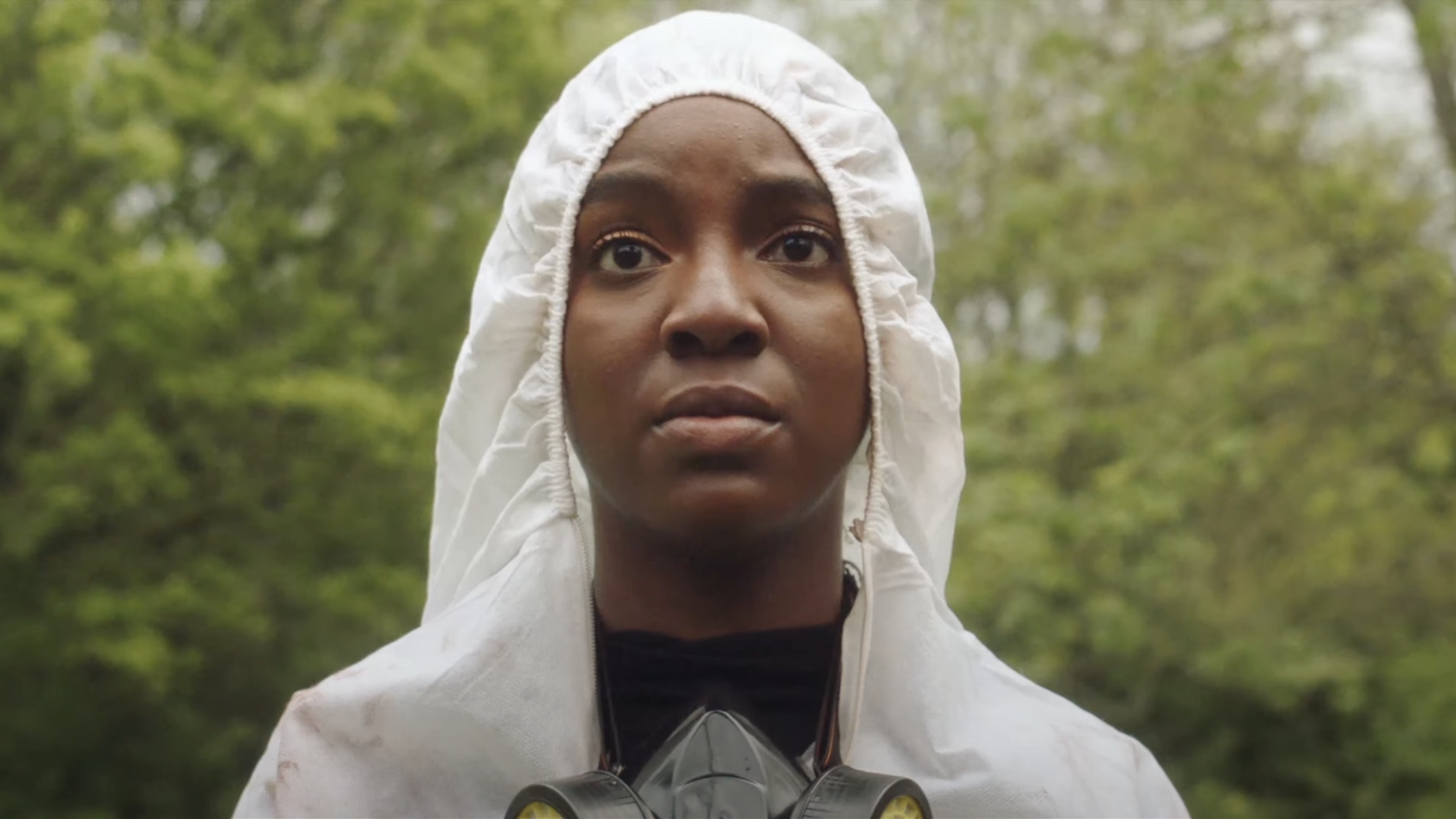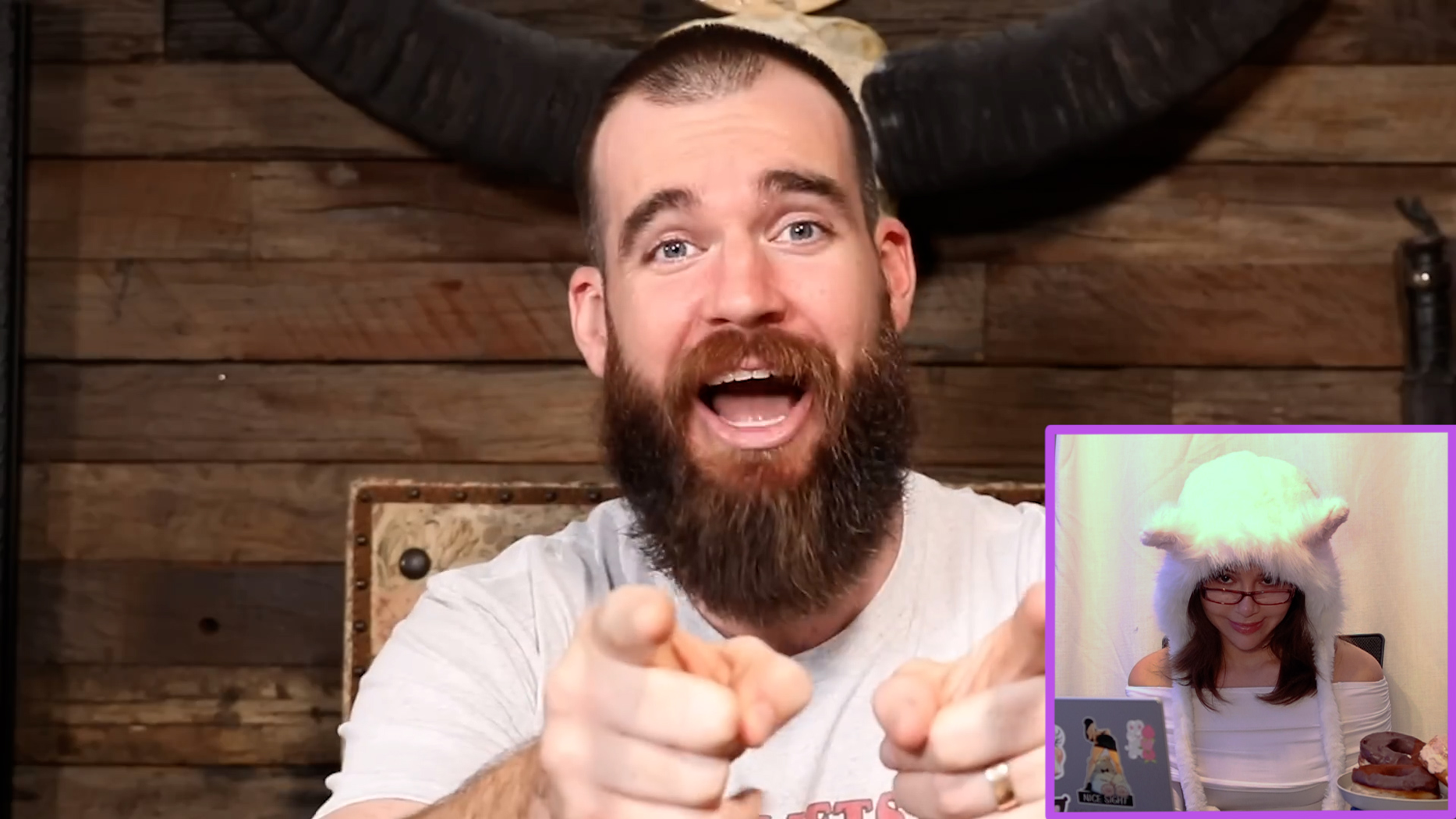
Road To Recovery

I’ve always hated bullies and bullying – and human trafficking is one extreme example of bullying. People reduced to commodities, tools and sexual playthings. Slavery should have died out, instead it’s the scourge of our times. Movies and documentaries have shown us the brutality, creating awareness. And yet, very few of them have spent much time looking at the aftermath: the road to recovery victims must take after they have escaped their tormentors and random abusers. My dad Nic and I thought we’d look at that – the aftermath, and find out what’s being done to help victims.
The Medaille Trust

Bernice Anderson of The Medaille Trust
My dad ran into producer Robin McGlashan of Default Media. He was looking for new projects and offered to team up with him and try a fresh list of charities similar to Eaves. He too found it tough going and they were both on the point of giving up when Robin’s approach to The Medaille Trust picked up some interest.
The head of the charity put Robin in touch with Bernice Anderson who runs a safe house in London. Not surprisingly Bernice was very cautious about agreeing to any kind of access and for a time Robin and my dad became pessimistic about our chances of even getting an interview with her never mind anyone under her care. My dad suggested he let him in on the conversation and, perhaps receiving a call from the originator of the idea, Bernice was persuaded to give us a chance.
We were on.
Bernice said we could interview her and she would also try and source two trafficked women for us to interview, but she couldn’t make any promises. Our overriding impression was that until she met us face to face and looked us in the eye she would remain tentative about the kind of access she would grant us.
Safehouse in London
I think Bernice was simply rather nervous of saying the wrong thing and possibly being edited unfairly. It took a fair bit of reassuring – and not a little flattery from Rob – to persuade her she would come across very well on camera and everything would be fine.
But even though we’d managed to bring her around, finally, Bernice wasn’t yet prepared to promise us access to the two women she’d briefed about our film. They might still change their minds, she warned us, and if they were to change their minds, that would be that. She was glad to see me and one other female crew member – some of the women she was looking after were so traumatised, merely the sight of a man made them quake with fear and anxiety.
The interview complete, Bernice went to see our potential subjects and ask them how they felt about talking to us. They were OK to do it. Bernice did warn us, however, that they may break down and terminate the interview at any time. There was no option but to agree to those conditions.
The first interviewee was a Nigerian woman, who had been trafficked into domestic slavery in the UK. The second woman had been trafficked into sexual slavery from Uganda. Although they both broke down half way through their stories, to their credit, they didn’t walk off. My dad gave them some time to pause and then they resumed talking. What surprised us was how the stories flowed – my dad rarely had to interject or guide them back to where we wanted to be.
By the time we were done, the crew were in a state of stunned silence. Instead of the usual chat about evening plans and other career chat, no one said more than a few words, we were all so deeply moved.
Dramatisations for Road To Recovery
Our next task was to set about dramatising the stories. We had no way of shooting any of the parts to their stories that took place in Africa – besides, our focus anyway was on what had happened here in the UK.
Rob and my dad put out casting calls on Casting Call pro. My dad also searched Spotlight for actors with Nigerian or Ugandan names. Finally we had our cast and could start filming the dramatisations. Shooting on a shoestring, we had to be smart about our locations and decided to use our place and the flat above as two separate locations, saving us at least a day on the budget.
After the shoot my dad and I started cutting the film. It was clear pretty early on that we just didn’t have quite enough dramatisations to keep an audience engaged, so my dad wrote a few more scenes and we scheduled for a second day. Having added the new material to the timeline, my dad and Rob realised that we had a lot more than a mere trailer for a bigger film, we had the basis of a strong 30 minute documentary. We agreed to go the extra mile, put in some more money and seek out some more talking heads for a final day of interviews.
The Salvation Army & Street Talk

Anne Read – Salvation Army
We showed the cut we had to Anne Read at The Salvation Army and Pippa Hockton, Director at Street Talk, a qualified psychologist and an experienced counselor. Both were impressed and agreed to be interviewed. Having two more experts talk so eloquently on camera really gave weight to the rational side of the story we wanted to tell. It’s easy to get lost in the emotional and sensational content that inevitably comes with these stories and we were keen not to wander off down that route – we wanted my audience to listen, think and, in the case of those who can or should, to take action.
For instance, there’s one section in the film where we let Pippa talk at length about her objections to the 45 day rule that exits in this country for people waiting to hear whether they’ve been granted asylum or told they will be sent back to the hell hole they came from. Everything she had to say on that point needed to be said or else we would have reduced her experience to a flash of mere indignation – we need to hear the specifics in these cases, or how can we expect our documentaries to invite serious debate?
Where next for Road To Recovery?

The film was successfully entered to the IDF Festival Amsterdam in November 2015 and has been added to the IDFA Film Festival for sale there.
Finally, we wish to thank all those who took part, for their often selfless commitment and dedication to the tasks in hand. For a just and worthy cause. We just hope it plays some small part in making a different to those who walk the road to recovery out of human slavery.

Date
April 29, 2013
Achievements






